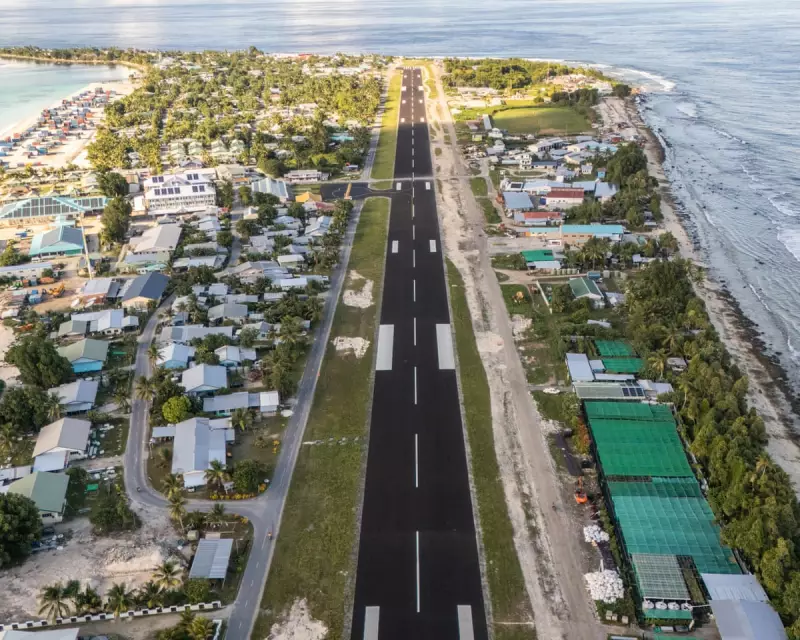
In an unprecedented move that could redefine global responses to climate migration, the United Kingdom has announced the creation of a groundbreaking humanitarian visa specifically designed for Pacific islanders displaced by the escalating climate crisis.
A Watershed Moment for Climate Justice
This landmark initiative represents one of the world's first formal legal pathways for people forced from their homes by rising sea levels, intensifying storms, and other climate-related disasters. The scheme acknowledges what environmental advocates have long argued: climate change is not just an environmental issue, but a fundamental humanitarian crisis demanding urgent action.
Who Will Benefit from the New Visa?
The programme targets citizens from several low-lying Pacific nations where existential threats from sea-level rise have become daily reality. Communities across islands such as Kiribati, Tuvalu, and the Marshall Islands face the terrifying prospect of their homelands becoming uninhabitable within decades, if not sooner.
Key features of the humanitarian visa include:
- Legal recognition of climate change as legitimate grounds for displacement
- Priority processing for applicants from most vulnerable island nations
- Access to work rights and public services in the UK
- Potential pathway to permanent settlement for long-term cases
Beyond Symbolism: Practical Protection
While the announcement carries significant symbolic weight in climate diplomacy, its practical implications are equally profound. For families watching their ancestral lands disappear beneath rising waters, this visa offers more than political recognition—it provides tangible hope and a potential lifeline.
The UK government's move comes as climate scientists issue increasingly dire warnings about the pace of environmental change in the Pacific region, where some islands may need complete evacuation within the current generation.
Setting a Global Precedent
This pioneering approach positions Britain at the forefront of addressing one of the most complex humanitarian challenges of our time. It establishes a crucial precedent that other wealthy nations—particularly those with high historical emissions—may face pressure to follow.
The development marks a significant evolution in international policy, moving beyond traditional refugee frameworks that have struggled to accommodate those displaced by environmental factors rather than direct persecution.
The Human Cost of Climate Inaction
Behind the policy announcement lie heartbreaking stories of cultural heritage threatened with extinction and generations-old ways of life facing obliteration. Pacific leaders have consistently emphasised that climate change represents the single greatest threat to their nations' continued existence.
While the new visa programme cannot replace lost homelands or restore submerged villages, it represents a critical step toward international responsibility-sharing for climate impacts disproportionately affecting those who contributed least to the problem.
As the climate emergency intensifies, this UK initiative may well become a template for how developed nations respond to the growing wave of climate displacement—a wave that shows no signs of receding.





